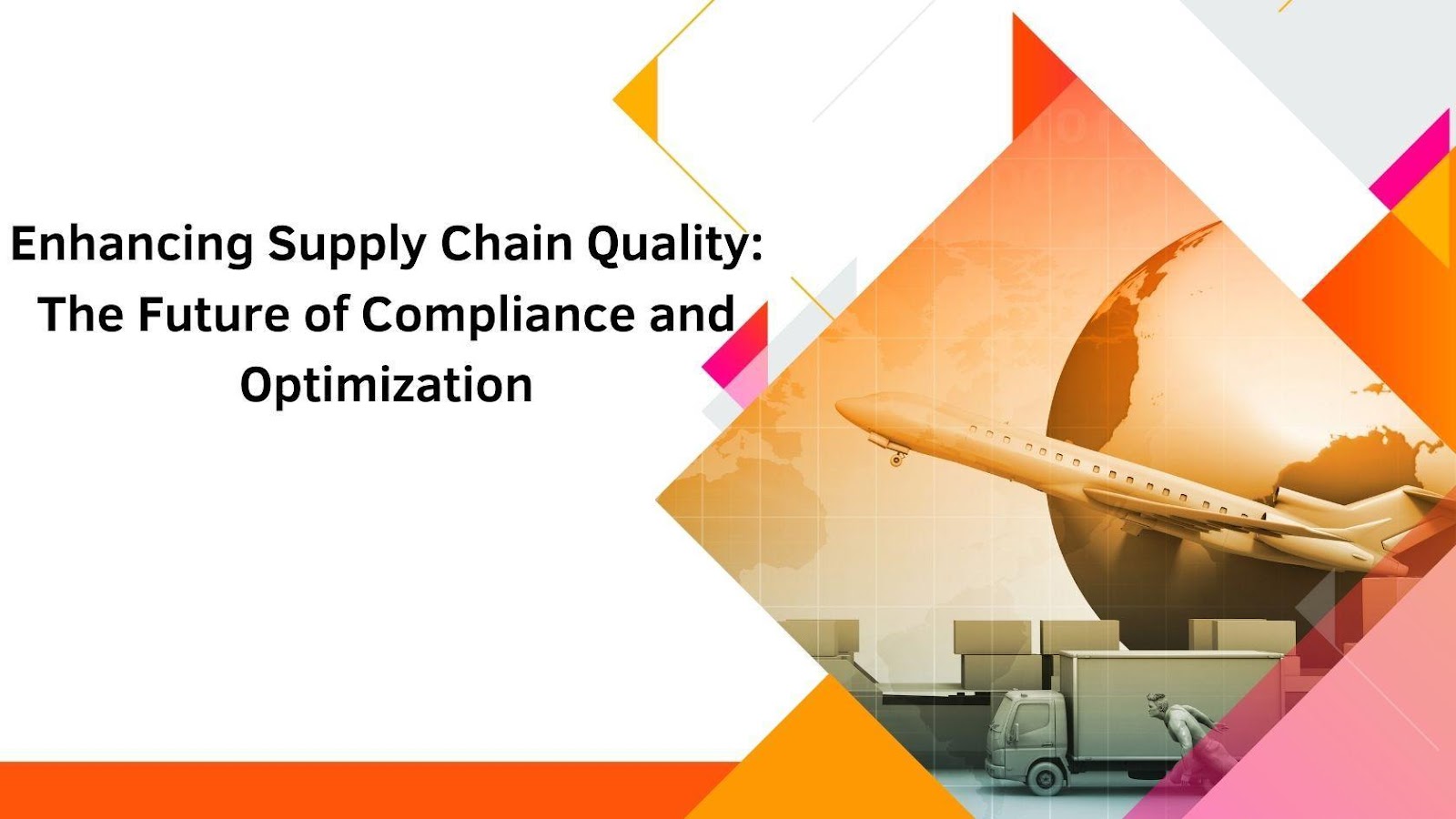In the modern age of innovation, quality compliance in supply chain networks has evolved into a strategic necessity, influencing operational efficiency and business success. Maneesh Karumathil Nair, an expert in supply chain management, explores emerging technologies and methodologies that enhance quality compliance while mitigating risks. His insights provide a comprehensive view of how organizations are navigating complex regulatory environments and leveraging cutting-edge solutions for supply chain optimization.
The Complexity of Modern Supply Chains
In a globalized business environment, supply chains span multiple geographies, with varying compliance regulations and operational challenges. Organizations must maintain consistent quality standards while dealing with supply chain disruptions, supplier inconsistencies, and regulatory changes. Studies indicate that companies managing extensive supply chains experience a significant rise in quality-related incidents, leading to financial losses and reputational risks. The key to overcoming these challenges lies in advanced monitoring, automation, and data-driven decision-making.
Leveraging Predictive Analytics for Quality Control
Predictive analytics has transformed supply chain quality management by enabling proactive issue detection. By analyzing historical data and real-time inputs, predictive models identify potential quality deviations before they escalate into significant problems. Research highlights that organizations adopting AI-driven predictive maintenance systems experience a substantial reduction in unplanned downtime and defective products. These systems integrate machine learning algorithms that forecast supplier risks, optimize production processes, and ensure compliance with evolving regulatory frameworks.
IoT-Enabled Monitoring for Real-Time Quality Assurance
The integration of IoT (Internet of Things) devices in supply chain networks has enhanced real-time quality monitoring. IoT sensors collect and transmit data on environmental conditions, product integrity, and transit performance. This real-time oversight ensures that organizations can immediately address quality concerns, reducing the likelihood of costly recalls and compliance violations. Advanced IoT implementations have shown remarkable success in maintaining optimal storage conditions for sensitive goods and enhancing traceability across global supply chains.
Blockchain for Transparent and Secure Supply Chains
Blockchain technology is revolutionizing supply chain transparency and traceability by providing immutable, decentralized records of quality checkpoints. Organizations leveraging blockchain for quality assurance report enhanced supplier accountability and improved regulatory compliance. The technology ensures that every transaction, from sourcing to final delivery, is recorded with verifiable timestamps, minimizing disputes and fraud. As quality compliance costs continue to rise, blockchain-driven traceability solutions offer a cost-effective and secure approach to maintaining industry standards.
Multi-Criteria Decision Frameworks for Supplier Evaluation
Supplier quality is a critical factor in ensuring overall compliance. Multi-criteria decision frameworks help organizations evaluate suppliers based on weighted parameters such as historical performance, defect rates, and adherence to compliance standards. These frameworks employ fuzzy logic and AI-based assessments, enabling organizations to select and manage suppliers more effectively. By implementing structured evaluation models, companies can significantly reduce quality-related disruptions and improve first-time-right delivery rates.
The Role of Risk Mitigation in Supply Chain Quality
Risk mitigation is essential for ensuring supply chain quality compliance. Organizations are leveraging automated response systems to detect and address quality deviations in real time. AI-driven root cause analysis and automated containment protocols enable swift action, reducing operational disruptions. Businesses with robust risk management frameworks achieve faster issue resolution and lower compliance costs. By integrating advanced technologies, companies can proactively manage risks, enhance quality control, and maintain regulatory adherence more effectively.
Future Trends in Quality Compliance Optimization
As supply chain networks continue to evolve, the adoption of emerging technologies will shape the future of quality compliance. The combination of AI, blockchain, and IoT will drive greater efficiency, reducing human intervention while ensuring stringent quality controls. Organizations investing in smart contracts, real-time analytics, and self-regulating quality management systems will gain a competitive advantage in the marketplace. The shift towards autonomous supply chains, where decision-making is driven by AI and data analytics, is expected to redefine quality management practices in the coming years.
In conclusion, Maneesh Karumathil Nair’s research highlights the transformative role of technology in supply chain quality management. By leveraging advanced analytics, real-time monitoring, and decentralized transparency mechanisms, businesses can enhance compliance while optimizing operational efficiency. As industries navigate increasingly complex supply chain landscapes, embracing innovative quality management solutions will be crucial for maintaining competitiveness and achieving long-term success.





























